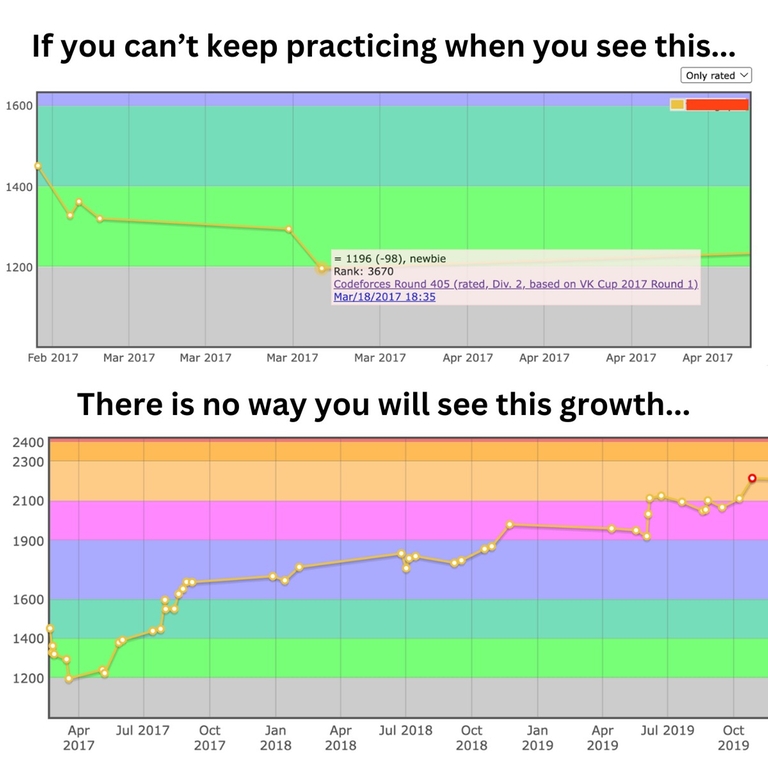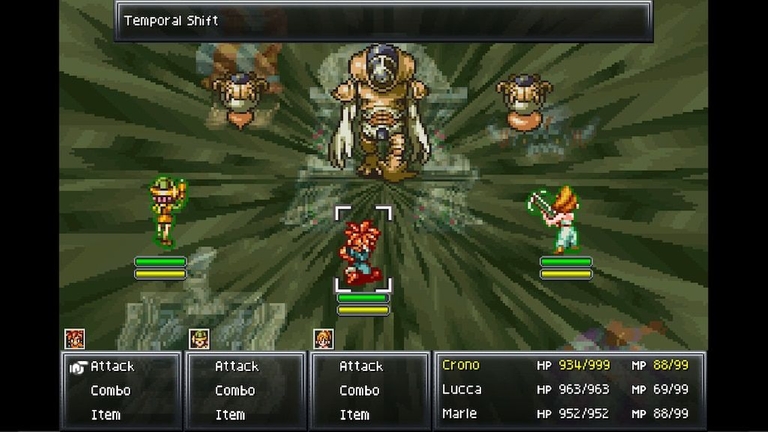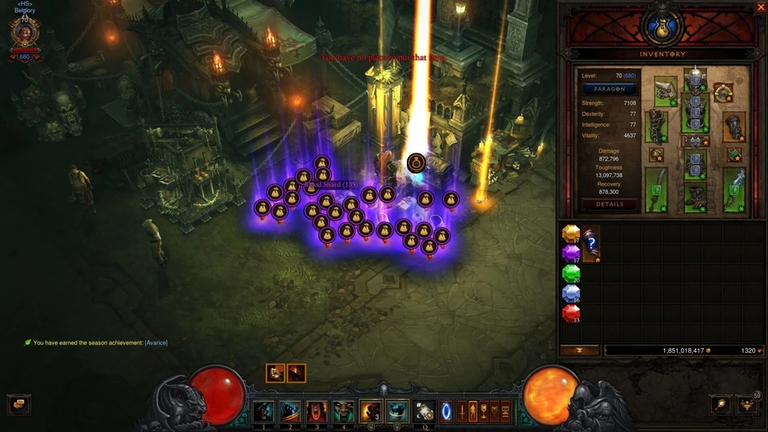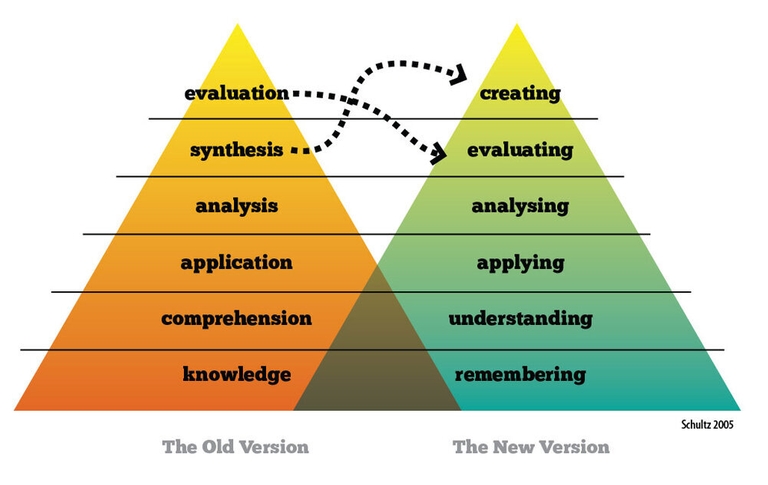We are conducting a Online Competitive programming Summer Camp from 1st of May.
Target of the camp is to give the junior programmers who are right now at a Newbie and Pupil level some rigorous practice around Adhoc, Greedy, Maths & Proving skills to help them reach >1400 Rating range, Specialist… and potentially even to Expert (best case).
I also feel the folks at this rating range don’t get enough voice and help needed on general forums, so we have a dedicated doubt forum to solve all your doubts around questions you have (ofc till a level of 1600 on CF for this camp) by the TAs.
Alongside this having a healthy peer group will allow all to get some really good motivation.
Majority of the sessions will be taken by acraider and abhishek_saini.
Just to add a little credibility here, I have been teaching problem solving for a long time(>3.5 years) in India, and have taken multiple 1-1 online tutoring for students in US to crack Silver and Gold Divisions of USACO. Have a YT channel for some good learning videos (Though not beginner friendly. Wanted to teach harder bits in English. Rest is in Local Language).
For the camp, We also have tons of mentors from India who have varied experiences to share different perspectives and guide the joinees.
Priyansh31dec, 18o3, Psychotic_D, sharmaharisam, Queue, namanbansal013, Abhishek_Srivastava, anishde85, s_jaskaran_s thanks for making this camp a big success already.
Some more details:
Link to the site: https://maang.in/icpsc
Duration: 10 Weeks
Live Classes : 8:30 -10:30 PM IST. [Recordings will be provided.]
Language : English (minor Hindi in non-content discussions can be expected though).
Price : 12 Dollars total for 10 weeks of cohort.
Wanted to keep this free for all, but supporting doubt for Beginners is super important as per me. Will be used to Hire TAs for the cohort + keeps the noise out from my experience.
We have limited seats. The enrollment starts tomorrow 2PM IST. Should be a great grind for anyone to join.














